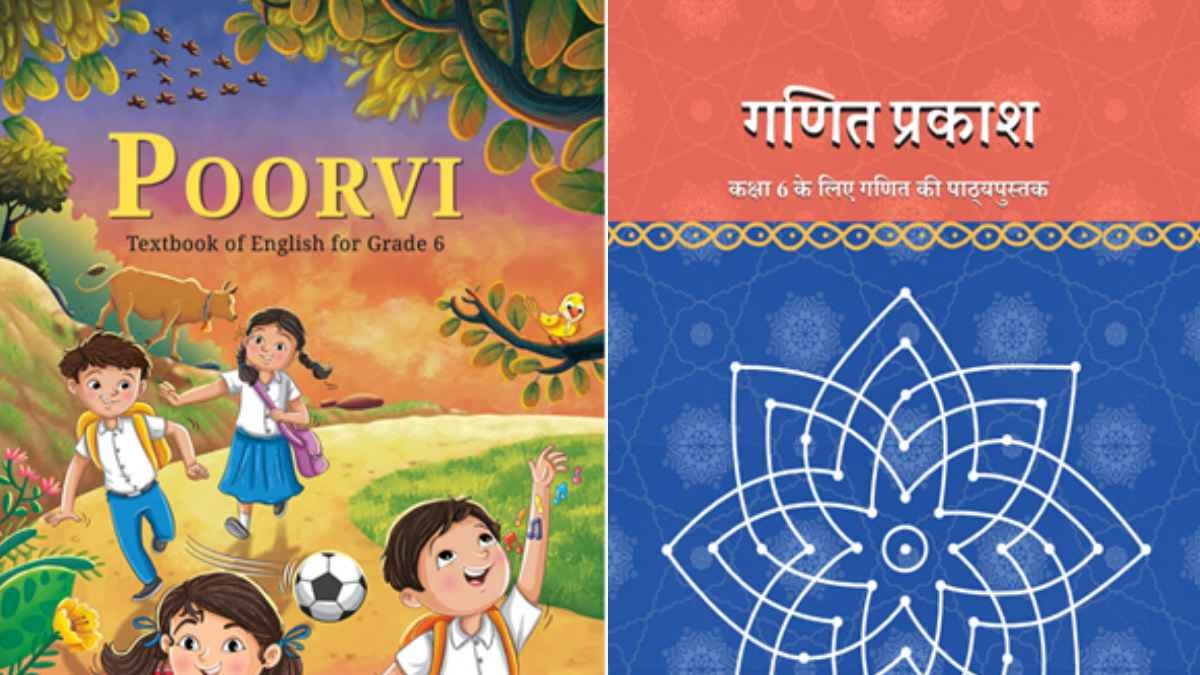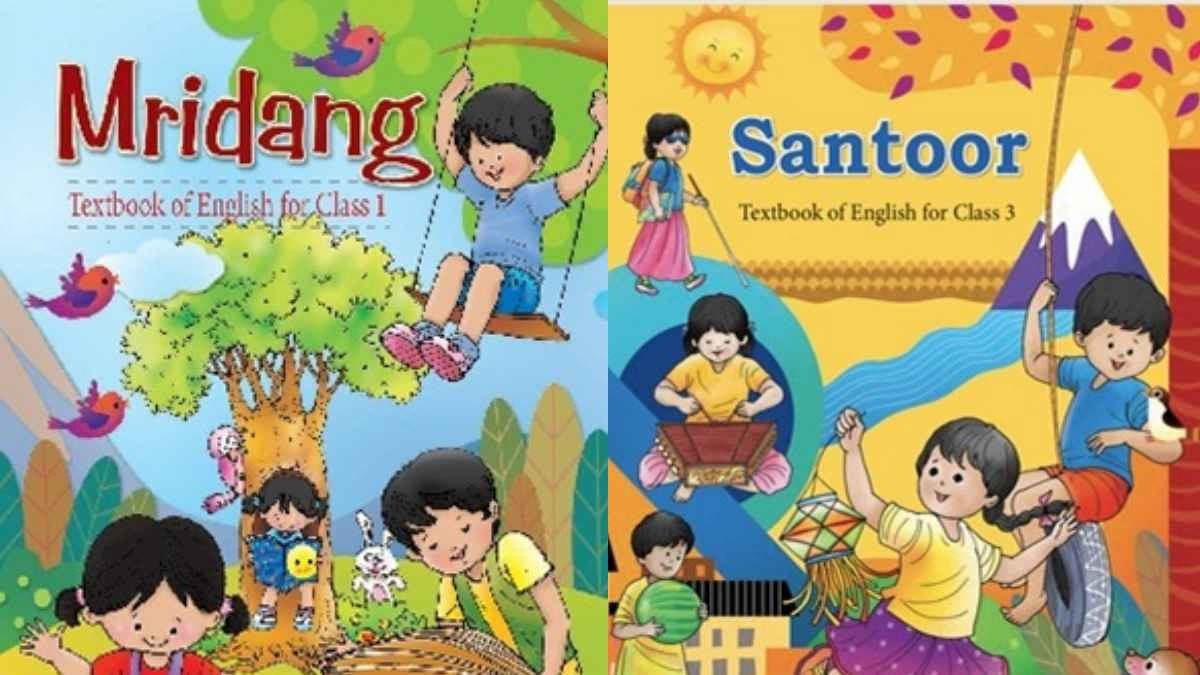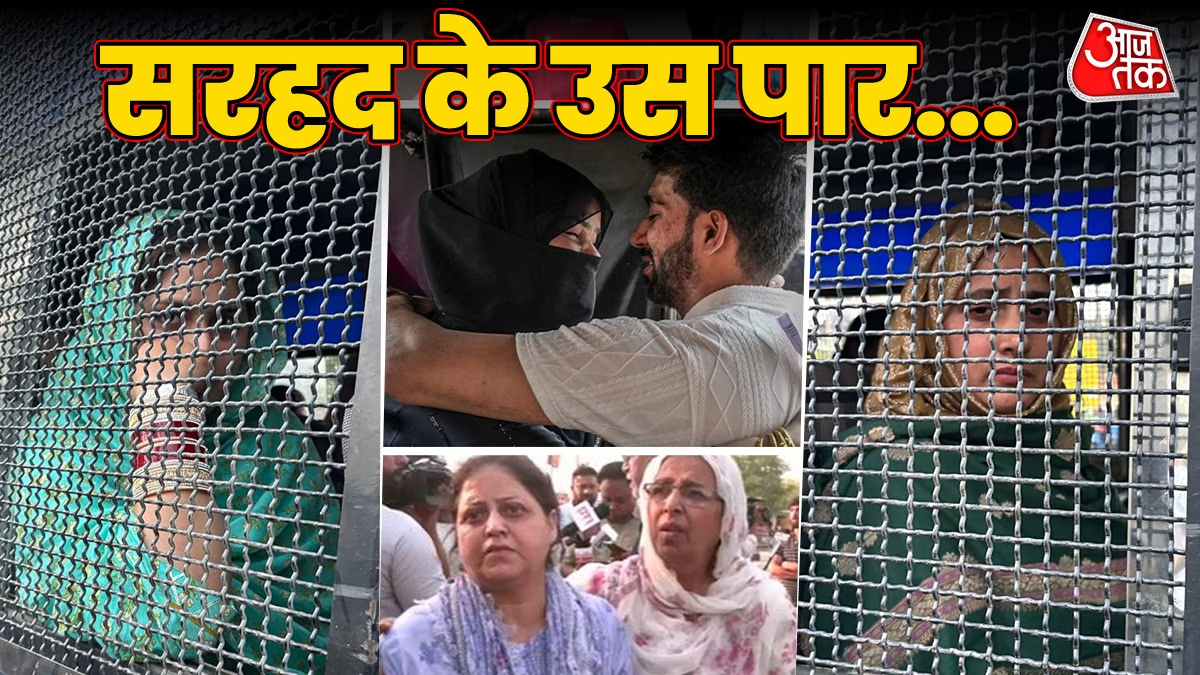NCERT Books Controversy:
Just as debates over the three-language policy in Tamil Nadu and mandatory Hindi in Maharashtra subsided, a new controversy emerged concerning NCERT books. Several states have resisted the uniform titles in both Hindi and English mediums, particularly in Kerala and Tamil Nadu, perceiving it as an imposition of Hindi and a threat to linguistic diversity.
Why the Dispute Over NCERT Books?
The National Council of Educational Research and Training (NCERT) recently decided to provide Hindi titles for its English medium textbooks. Although this was implemented under the National Education Policy (NEP) 2020 and the National Curriculum Framework (NCF) 2023, it has sparked debates in some states.
Renamed NCERT Books Under Scrutiny
NCERT has issued Hindi-named textbooks for various classes. The titles for classes I and II are 'Mridang', a symbolically rich South Indian instrument, and 'Santoor', a Kashmiri cultural emblem for class III. The title 'Honeysuckle' for class VI has been transformed into 'Poorvi', reflecting a classical Indian raga, expanding to similar changes for class VII. Cross-referencing states like Kashmir, Himachal Pradesh, Arunachal Pradesh, West Bengal, Gujarat, Goa, Chennai, and Tamil Nadu, the titles integrate profound cultural examples. The Math textbook, now named 'Ganit Prakash', faces opposition as well.

Source: aajtak
NCERT's Stance on the Change
In defense of the Hindi-titled books, NCERT states these have been translated into 22 scheduled Indian languages to ensure equal access. It argues this tradition is longstanding, with titles deeply rooted in cultural and linguistic significance, making them non-translatable. Inspired by Indian classical music and cultural heritage, these titles reinforce NEP 2020's focus on enriching cultural roots, instilling pride and cultural awareness among children with names like 'Mridang', 'Santoor', and 'Poorvi'.
NCERT further elaborated that the title "Ganit Prakash" draws from India's rich mathematical legacy, honoring pioneers like Aryabhata, Bhaskaracharya, Brahmagupta, and Srinivasa Ramanujan.
Resistance to Three-Language Policy in Tamil Nadu
In Tamil Nadu, the NEP 2020's three-language policy — promoting the study of a mother tongue, English, and another Indian language — is met with resistance due to historical, cultural, and political reasons. It is seen as a strategy to impose Hindi, threatening local heritage. Local leaders argue it's an attempt to undermine their ancient legacy through Sanskrit, leading to opposition against Hindi and Sanskrit.
Recently, Tamil Nadu's Chief Minister, MK Stalin, described Hindi as a disguise for the government's intent to impose Sanskrit. He noted that Hindi had diminished dialects like Awadhi and Braj in North India and was now attempting a similar fate for Urdu in Rajasthan by promoting Sanskrit.
In 1963, proposals to make Hindi the official language led to violent protests in Tamil Nadu, culminating in amendments to the language policy four years later, allowing English to remain alongside Hindi as official languages.
Hindi's Imposition Challenged in Maharashtra too
Maharashtra plans to implement NEP 2020 by making Hindi a mandatory third language for students in Marathi and English medium schools up to the fifth grade by 2025-26. This decision has faced backlash, with opposition parties and regional leaders seeing it as a threat to Marathi identity. Raj Thackeray went as far as to assert, "We are Hindus, not Hindi." The resistance signals potential conflict if Hindi imposition persists.




